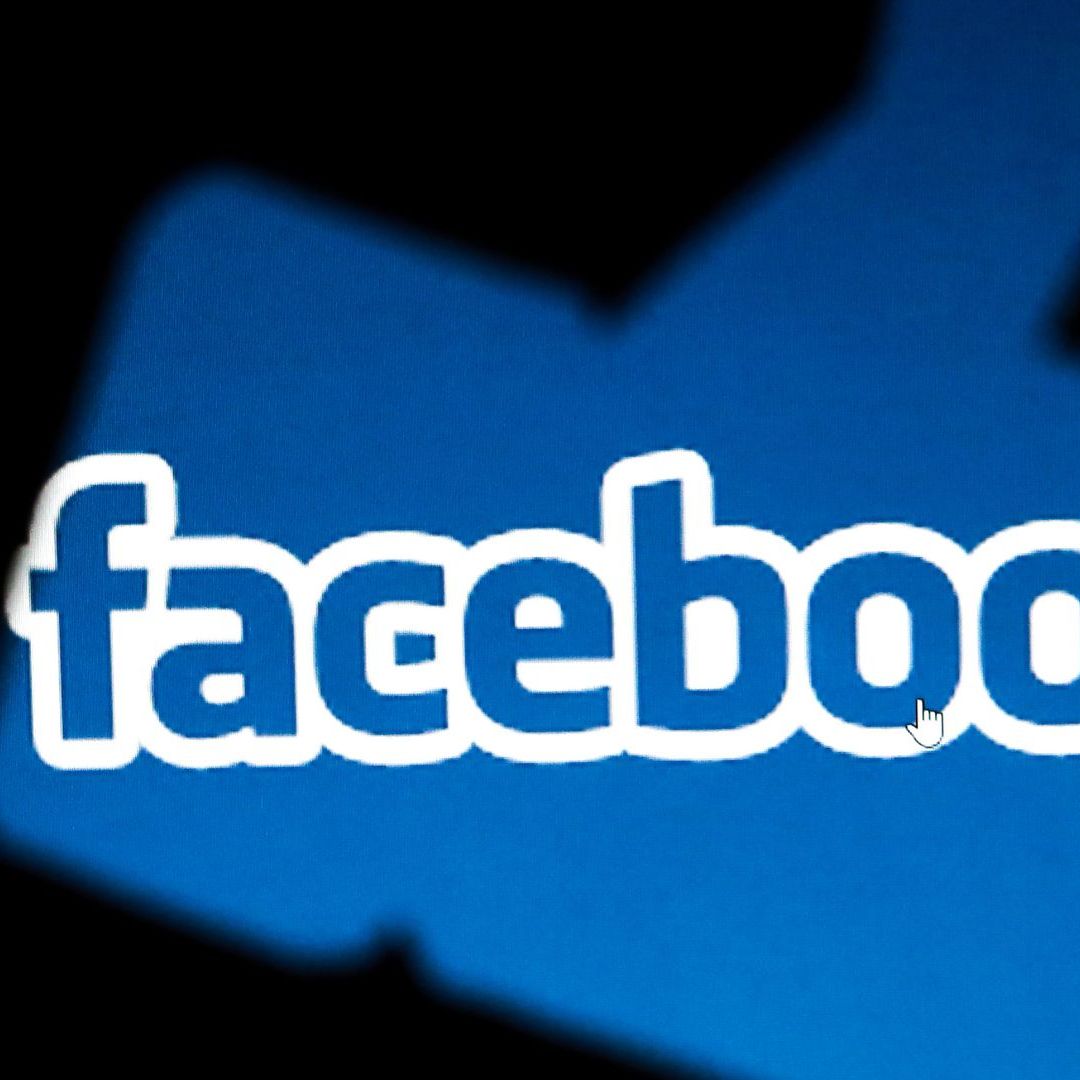Facebook removes hundreds of fake accounts linked to Russia's state-owned news outlet Sputnik

Published Date: 1/17/2019
Source: axios.com
Facebook said Thursday that it has removed hundreds of pages and accounts that pretended to be real news sites from places in Eastern Europe, but were actually operated employees from Russian state-owned news company Sputnik. Why it matters: The effort potentially shows a new tactic being used by Russia to weaponize misinformation — using its state-run media arm to create fake posts that look like they come from real newsrooms in vulnerable countries. Details: In total, Facebook says it removed 364 pages and accounts from a network that originated in Russia and operated in parts of the former Soviet Union, such as the Baltics, Central Asia, the Caucasus, and other countries in central and eastern Europe.Facebook says the owners and operators of the accounts represented themselves as independent pages on topics like news, weather, sports and economics — or politicians from various countries. Some of the pages frequently posted about anti-NATO and anti-corruption topics.Between the lines: Facebook says the groups also spent $135,000 on ads, the first big ad spend announcement the tech giant has made since it first revealed bad actors bought ads on the platform in the fall of 2017. Facebook says the organizations paid for the ads, which started running in October 2013, in euros, rubles, and US dollars. They also set up 190 real-world events scheduled between August 2015 and January 2019. Up to 1,200 people expressed interest in at least one of these events, though Facebook can't confirm if any events actually occurred. Facebook also says, with a tip from law enforcement, that it removed accounts and pages from a separate campaign originating from Russia and Ukraine that used "coordinated misinformation tactics" on Facebook and Instagram. It says the two operations don't appear to be linked, despite using similar tactics.This campaign was smaller than the first. Facebook removed 26 pages, 77 accounts, and four groups on Facebook, as well as 41 accounts on Instagram. These actors also bought around $25,000 in ads on Facebook and Instagram that were paid for in rubles. The ads ran throughout 2018.The bigger picture: These announcements are becoming common from tech platforms, particularly Facebook and Instagram. Despite efforts to secure their platforms, Big Tech is still very vulnerable to attempts to manipulate users via organic and paid activity online. The announcement also shows Facebook's willingness to get ahead of these problems before researchers or members of the press find them. The company was slow to remove and report manipulation on its platform after the 2016 election, suffering a huge PR hit as a result. Be smart: Facebook says it's removing these accounts, pages and posts based on their behavior, which is coordinated to make the impact of the content they post have a greater manipulative effect. The individual pieces of content on their own don't technically violate Facebook's rules, allowing the bad actors to avoid detection. What's next: Expect congressional and advocacy outrage — and probably news of more activity. Facebook says it hasn't yet reviewed the organic activity linked to the accounts that bought the ads yet. Go deeper: The Russian social media disease spread beyond Facebook and Google